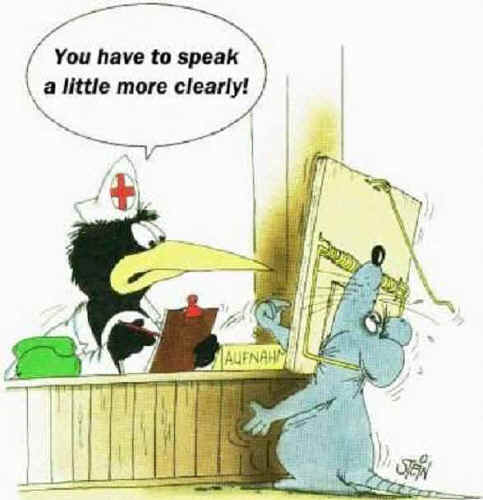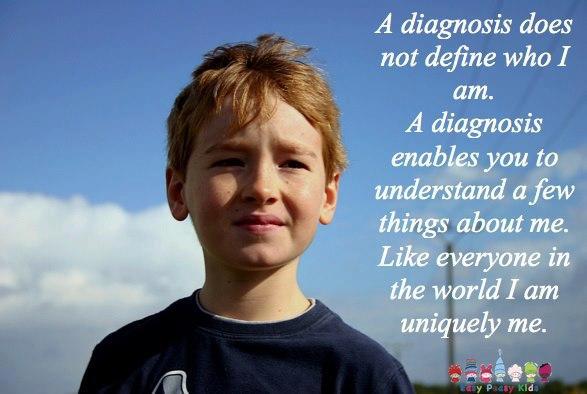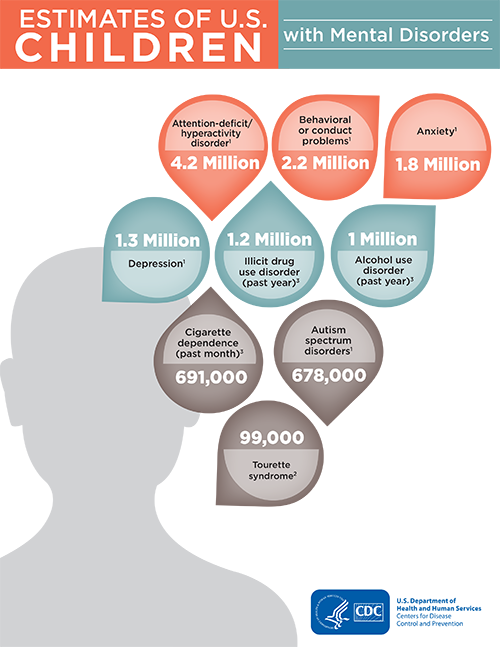Facing the Frustrations of a Speech Disorder Misdiagnosis
Becoming an Advocate and Working with SLPs for Accurate Diagnoses
Imagine if you went to the dentist office and they told you that you had a cavity in your front tooth. They scheduled the appointment to repair it, you go in and have the Novocain injected, and the dentist begins to drill. Then he stops and scratches his head. No matter how far he drills, he can’t find the cavity he thought was there – he can’t find anything to repair because the cavity is not even in that tooth – it was a dental misdiagnosis. We don’t hear of this situation happening because cavities are usually concrete problems that can easily be seen on x-rays, if not just by the human eye. Speech disorders, however, can be complicated to diagnose, especially when there are other health, behavior, and environmental factors to consider.
All of these challenges can lead to frustration and even resentment towards the medical professionals who are trying to help when a misdiagnosis occurs. But this doesn’t mean that it all has to end in frustration – there are ways to wade through the misdiagnosis and come out more informed and better equipped to face the challenges that lie ahead.
From Dual Diagnosis to Misdiagnosis – Disorders that Cause Speech Delays
Speech disorders are not like cavities – they can’t be seen on x-ray and they can’t be fixed in one appointment with a physician. The causes behind the speech disorders can also be as complicated to assess as the disorder itself, especially when you consider just some of the different reasons why speech might be delayed or impaired.
- General articulation delay during childhood which is often easily treated and sometimes outgrown
- Expressive language disorders where a person knows what he wants to say, but just can’t find a way to communicate it verbally
- ADHD and ADD that interferes with communication skill development
- Receptive language disorders where a person has diminished capacity for understanding what is being said by others
- An Autism Spectrum disorder that causes communication problems
- Hearing loss, including anything from multiple and continuing ear infections to deafness
- Cerebral Palsy that interferes with the physical ability to speak, as well as the ability to form connections between what is heard and what is understood
- Apraxia of speech that interferes with the ability to form the sounds needed for the words the person wants to say
- So many more…
How to Work with an SLP for an Accurate Diagnosis
Sometimes the only way even medical professionals suspect that a misdiagnosis has been made it when the therapy isn’t helping at all – like when the dentist drills and doesn’t find a cavity. If you or your child have been shuffled from one diagnosis to another, or believe that there are incomplete diagnoses being made (a diagnosis of autism but no evaluation for a related speech disorder), there are a few things you can do to help face these frustrations without losing hope.
- Become an advocate, for yourself or your child, and don’t be afraid to speak up when you question a diagnosis. You can also ask for an advocate from your county to be appointed to help you if you feel unprepared for this. There are often non-profits agencies who work with families in need that might be able to match you with an advocate.
- Be OK with no diagnosis instead of pushing for an unsupported one, especially if it is a question of a child moving through a “phase”. Sometimes in the effort to label every tendency we forget to recognize that children are going to be equipped with different strengths and weaknesses, but it does not always mean that the weakness is a disorder. Think of your adult peers and how you can see the differences in their strengths, tendencies, social intelligence, business intelligence, and even just the ability to manage time better than anyone in the office.
- Ask why this diagnosis is being made. A diagnosis shouldn’t be made simply because there seems to be no other explanation.
- Ask for examples of similar case studies and successful treatment plans before charging ahead with a therapy program.
- Get a second (or third and fourth) opinion.
- Find a way to incorporate something you can control – even if it is just your breathing. Meditation, relaxation, prayer, or journaling can be simple ways to ground yourself in times of uncertainty.
We all have challenges in our lives, and finding the right tools can help to ease the frustrations and fears surrounding a diagnosis. Products such as Speech Buddy are one more tool you can add to your toolbox. So whether your child has just been diagnosed with a speech disorder or you’ve been battling through many diagnoses, keep adding to those tools – and you can help your child build a better future.





